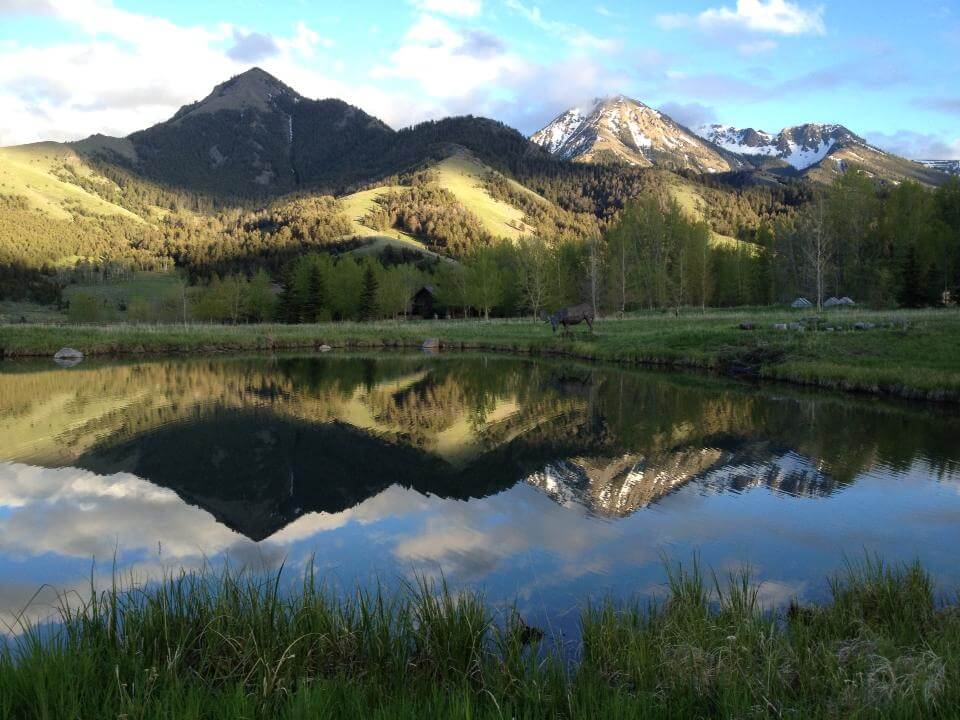The culture of science often asks us to leave ourselves behind. The focus of our training is squarely on our research, not us. We build walls between our personal lives and our professional lives, between our emotional selves and our scientific selves. On our quest to contribute to a more just, equitable, and inclusive world, within science and beyond, these walls do not serve us. Leading meaningful, effective change, especially for the long haul, necessitates that we, too, be open to change.
The enormity of the highly interwoven challenges we face today – from climate change to a global pandemic to coming to terms with centuries of racism and injustice – demands that we acknowledge just how human the enterprises of science, and science engagement, truly are.
“Without inner change there can be no outer change. Without collective change, no change matters.” – Rev. Angel Kyodo Williams
During a recent virtual retreat for our newest leadership program, Leaders for Sea Change (LFSC), many within the cohort brought more of their whole selves forward – their emotional selves, their spiritual selves, and the many identities that contribute to the richness of who they are. One important dimension of this was an exploration of leading from purpose – that which gives our life meaning.
Our work with purpose is deeply informed by our ongoing partnership with Pamela Chiang of Chiange, Inc., who first brought this lens to the 2017 cohort of the Wilburforce Fellows in Conservation Science. Being supported by a coach to discover our leadership purpose helps us to better know ourselves and gain comfort leading from our authentic selves. And while this was unfamiliar or scary terrain to many, by the close of the Leaders for Sea Change virtual retreat, there was collective gratitude for the openings created by relating as humans who do science, rather than as scientists who occasionally acknowledge their humanity. This vulnerability and authenticity is contributing to a deep sense of community and connectedness within the cohort.
One leader remarked that she had no idea just how energizing it could be to clearly articulate her purpose, particularly given the ways in which it allowed her to reclaim and integrate the many dimensions of her life, within and beyond science. Leading from purpose is a powerful reminder that you are more than the work you do – although it may be tied to your goals and your mission, it’s a layer beneath that. It gets at the core of who you are and why you are here. Once you understand your purpose, you can ask yourself, ‘how are my actions or intentions aligned with my purpose?’
Connecting with your purpose, and sharing it with others builds the sense that we’re in this together. Belonging is a fundamental human need. Yet, imposter syndrome is so prevalent among scientists… that sense that you’re not enough, that you don’t belong, that at some point, someone’s going to find you out. When scientists share more of themselves and speak these voices of self-doubt aloud, we all begin to realize our shared humanity, and that we’re not so unique in our struggles after all. Within a supportive community, leaders can begin to grow their confidence, embrace new roles, and open themselves to new possibilities in terms of with whom and how they might engage. This is especially important when developing goals for strategic engagement, where one crucial and often challenging question is: what is my role within the change I want to see?
I am grateful for the opportunity as Director of Leadership Programs to support the amazing leaders of this cohort, and the alumni of all of COMPASS’ leadership programs, to live and lead from their authentic selves and be the agents of change they seek to be. Their spirit of generosity – with one another, in their communities, and for the world – gives me hope.


